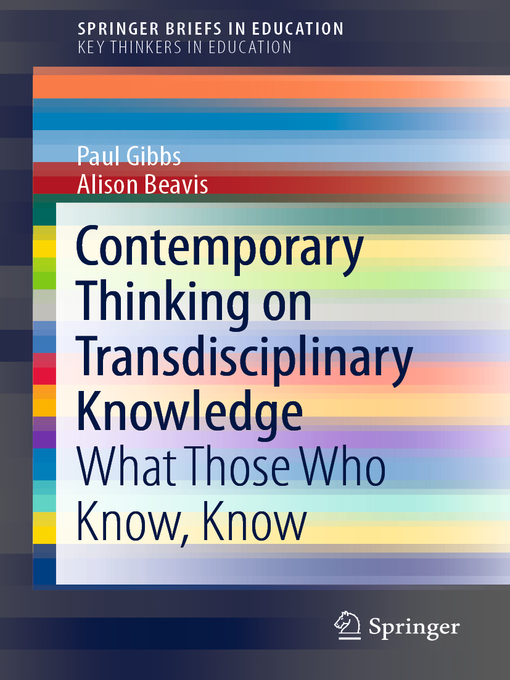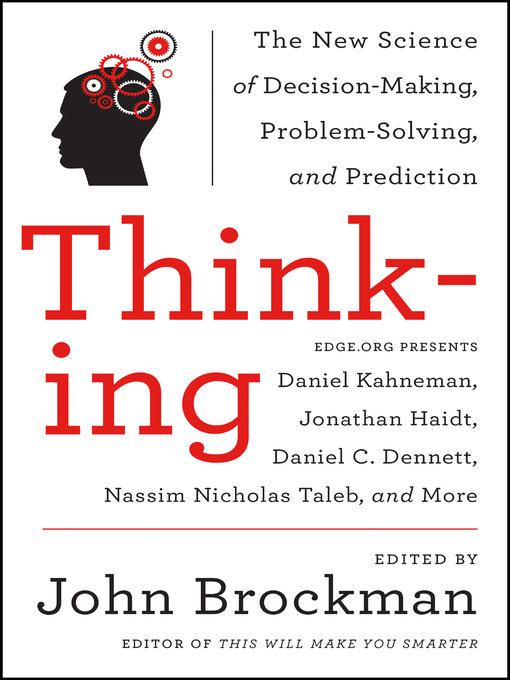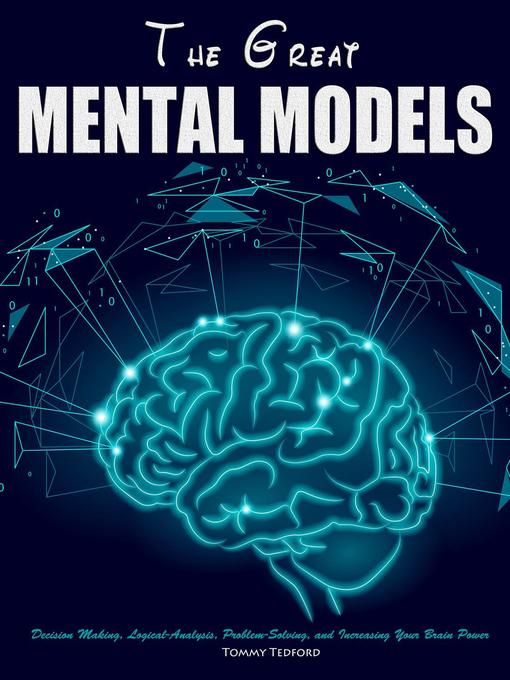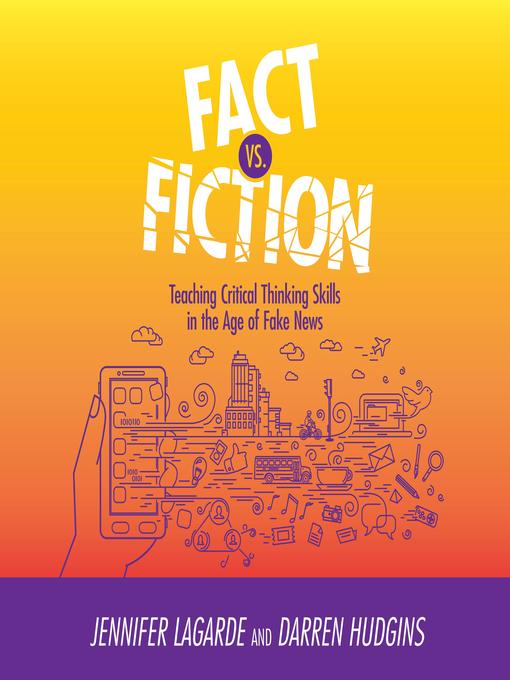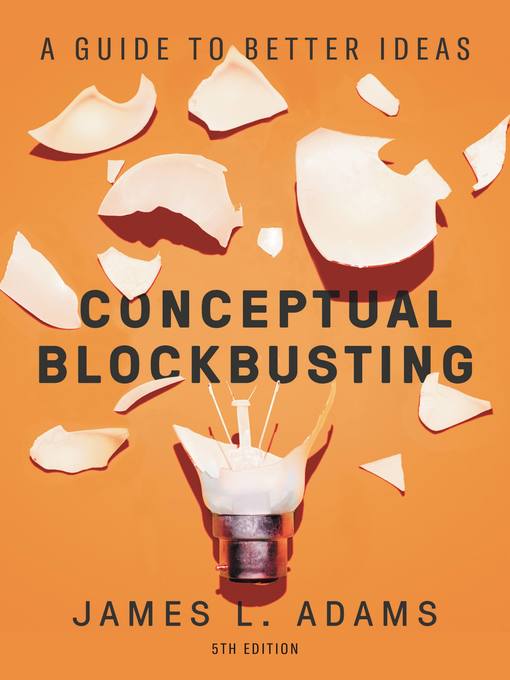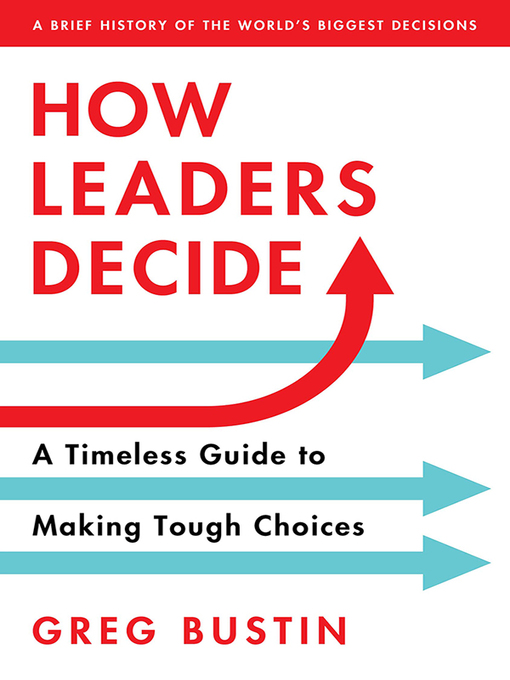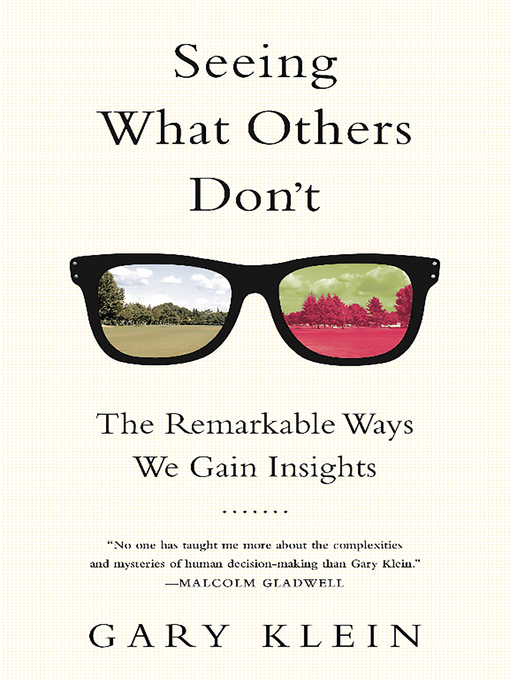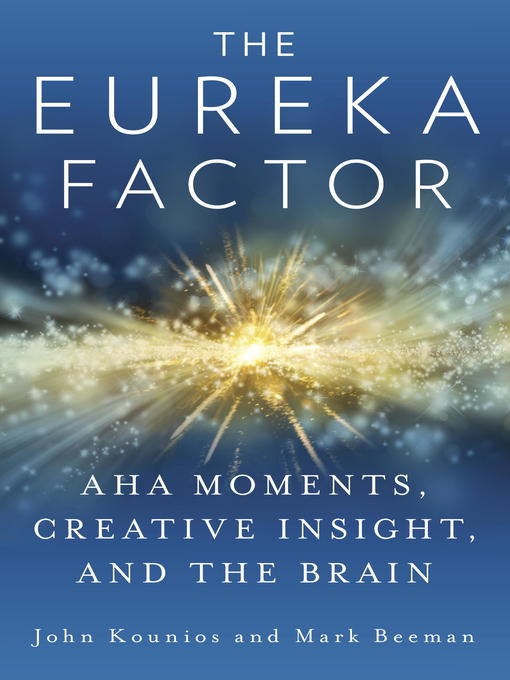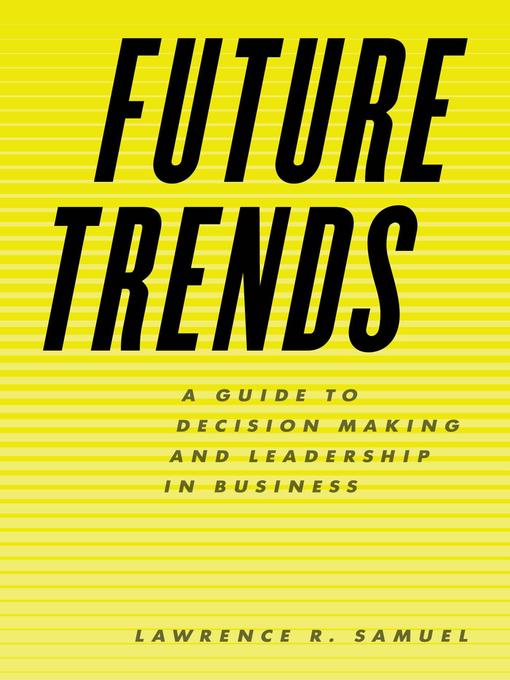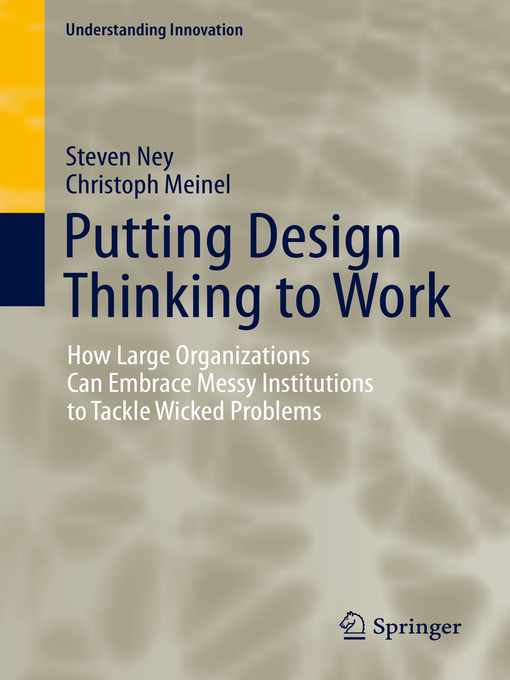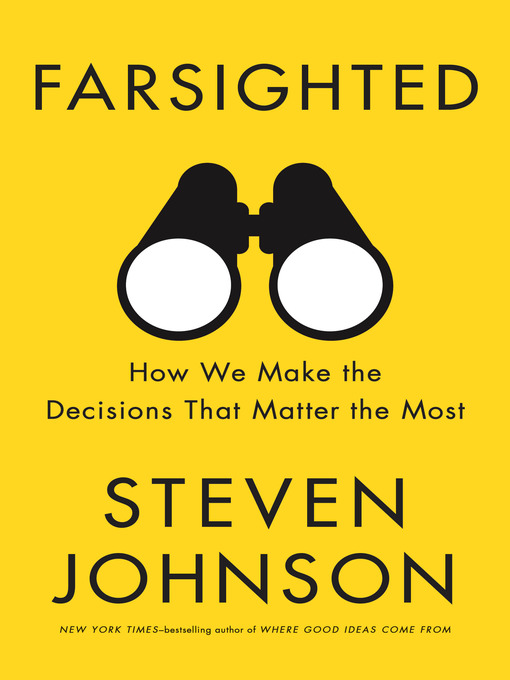Thinking Critically
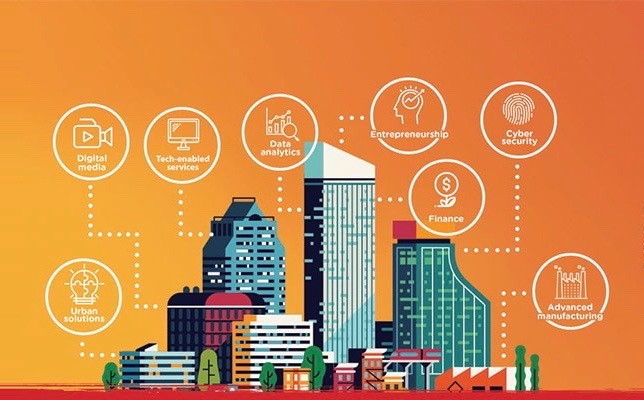
Photo credit: Retrieved from https://www.skillsfuture.sg/
Change is happening at a groundbreaking rate. Organisations have had to pivot to new ways of doing business and critical thinking skills are often crucial to problem solving and decision making. Take a page (or several pages) from the following recommended books and resources, and learn how leaders navigate through challenges facing their businesses.
Articles
1. The Decision Making Guide: How to Make Smart Decisions and Avoid Bad Ones
James Clear. Published on JamesClear.com.
In this compilation of recommended resources on decision making, James Clear (author of Atomic Habits) explains decision making and provides possible reasons for why we sometimes make poor decisions. Included are books by authors such as Daniel Kahneman (Thinking, Fast and Slow), mental models from Elon Musk, and numerous past articles he has written. With these resources, readers are encouraged to develop their own mental concepts and look at problems through a different perspective.
2. The Art of Decision-Making
Joshua Rothman. Published on Recruiterbox on 21 Jan 2019.
Joshua Rothman presents various concepts in the philosophy of decision making, and explores the influences on how decisions are made, while using his personal experiences to illustrate these concepts.
3. How People Make Decisions
Susan Weinschenk. Published on Smashing Magazine, on 7 Feb 2019.
Behavioural scientist Susan Weinschenk explains how decision making is closely affected by emotions, and how we can shape our customers’ decision making process by first understanding the impetus for their decisions. She also shares a tip on giving fewer choices to help with decision making.
4. 19 Ways to Improve Your Problem Solving Skills at Work
Duncan Muguku. Published on ThriveYard on 14 May 2020.
This article provides a step-by-step guide for problem solving, from finding the root cause(s) of the issue, to effective ways to enhance solutioning and identify potential pitfalls when solving the problem.
5. The Importance of Creative Problem-Solving in the Workplace
University of Jyväskylä. Published on Phys.org on 19 Mar 2020.
This article discusses the findings by the University of Jyväskylä, Department of Education on problem solving. It is found that creativity is a crucial element to effective problem solving, and its importance is highlighted throughout the article. A given example is software development - if a problem can be solved by a newly written code that is only understood by experts, it is not a good solution. Writing an elegant code which other people can also understand, will require creative thinking.
Videos
1. Before You Decide: 3 Steps To Better Decision Making by Matthew Confer
Matthew Confer, Vice President of Strategy at Abilitie, a leadership development company, shares a three-step method that anyone can use for decision making. This method was developed through Abilitie’s collaborations with innovative companies - using team-based simulations which mimic decisions that corporate leaders make in the real world - to better prepare them for challenges ahead.
Source: Before You Decide: 3 Steps To Better Decision Making (2019, July 16). TEDxOakLawn.
2. How Critical Thinking Can Change the Game by GCFLearnFree.org
Richard Douglas Fosbury revolutionised high jumping – and set a new global standard in the 1968 Olympics – by making use of critical thinking. While his solution was out of the norm at that time and often ridiculed, his Fosbury Flop method is now the default technique for almost all high jumpers today.
Source: How Critical Thinking Can Change the Game (2019, July 24). GCFLearnFree.org.
3. 5 Tips to Improve Your Critical Thinking by Samantha Agoos
Samantha Agoos describes a 5-step critical thinking process that may help us make better decisions. While the perfect choice may not be possible every time, there are ways to improve our chances — and one particularly effective technique is critical thinking.
Source: 5 tips to improve your critical thinking – Samantha Agoos (2016, March 15). TED-Ed.
eBooks
Contemporary Thinking on Transdisciplinary Knowledge: What Those Who Know, Know
Paul Gibbs, Alison Beavis
eBook only. Springer International Publishing, 2020.
In transdisciplinarity, what are the elements which a transdiscplinary approach actually comprises of, and how can we understand the approach, given its complexity and multi-faceted use? This book aims to provide answers to the fundamental questions of leading practitioners in the fields of higher education and transdisciplinarity.
Borrow the eBook with the app📱 or online💻.
Thinking
John Brockman
eBook only. Harper Perennial, 2013.
Thinking is a consolidation of original ideas by today’s leading psychologists, neuroscientists, and philosophers on topics like the architecture of the human mind, mental disorders, and the science of morality and ethics. Edited by John Brockman (editor of Edge.org), this book will expand your understanding of human thought.
Borrow the eBook with the app 📱 or online 💻.
The Great Mental Models: Decision Making, Logical-Analysis, Problem-Solving, and Increasing Your Brain Power
Tommy Tedford
eBook only. Tommy Tedford, 2020.
The Great Mental Models provides readers insights to the mental models of the world’s greatest problem-solvers, forecasters, and decision-makers. These great minds rely on frameworks and shortcuts to help them navigate out of complexity, and separate good ideas from bad ones. This book will help readers understand their own minds better, and develop successful mindsets of their own.
Borrow the eBook with the app📱 or online💻.
Fact Vs. Fiction: Teaching Critical Thinking Skills in the Age of Fake News
Jennifer LaGarde, Darren Hudgins
eBook only. International Society for Technology in Education, 2018.
Fact vs. Fiction is designed to help educators address the new realities of the “fake news” industry, where false stories are intentionally spread to go viral. Even so, the tools and resources in this book will help all readers to discern fact from fiction in the information that we access daily, at our workplaces and from the devices we carry in our pockets.
Borrow the eBook with the app📱 or online💻.
Conceptual Blockbusting
James L. Adams
Call Number: English 153.43 ADA. Basic Books, 2019.
In Conceptual Blockbusting, James Adams identifies the key blocks – perceptual, emotional, cultural, environmental, intellectual, expressive – that are preventing us from realising the full potential of our minds.
Through the use of exercises and interactive elements, Adams demonstrates how organisations and individuals can overcome these blocks, embrace alternative ways of thinking through complex problems, and celebrate the joy of creativity.
Borrow the eBook with the app📱 or online💻.
How Leaders Decide
Greg Bustin
Call Number: 303.3409 BUS. Sourcebooks, 2019.
It’s impossible to see into the future to predict how our decisions in the present may play out, but we can look to the momentous decisions of the past for insights on how profound choices are made.
How Leaders Decide provides provocative ideas and leadership lessons that will propel leaders and their businesses forward, through 52 dramatic historical events and decisions that changed the course of our world.
Borrow the eBook with the app📱 or online💻.
Seeing What Others Don't: The Remarkable Ways We Gain Insights
Gary Klein
Call Number: English 153.4 KLE. Nicholas Brealey Publishing, 2017.
How do we gain insights? Cognitive scientist Gary Klein investigated cases of insight large and small, and tried to find out what they had in common. He concluded that insight stemmed from connections, coincidences, curiosities, contradictions and creative desperation, and devised a “Triple Path” model for anyone to tap easily into their intuition.
Borrow the eBook with the app📱 or online💻.
The Eureka Factor: Aha Moments, Creative Insight, and the Brain
John Kounios, Mark Beeman
Call Number: English 612.82332 KOU -[HEA]. Random House, 2015.
Learn how insights arise and what scientific research says about stimulating more of them. Written by cognitive neuroscientists in a lively, engaging style, this book goes beyond scientific principles to offer practical techniques for realising your creative potential at home and at work.
Borrow the eBook with the app📱 or online💻.
Future Trends
Lawrence R. Samuel
eBook only. Rowman & Littlefield Publishers, 2018.
Future Trends: A Guide to Decision Making and Leadership in Business identifies sixty global trends and details how businesses can leverage them in the short- and long-term. Future Trends takes a holistic view of tomorrow by examining the cultural, economic, political, and technological trends, and offers readers a fuller understanding of life on Earth over the next few decades.
Borrow the eBook with the app📱 or online💻.
Putting Design Thinking to Work
Steven Ney, Christoph Meinel
eBook only. Springer International Publishing, 2019.
Readers can learn the methods and mindsets of design thinking that large organisations have adopted to create ground-breaking innovations. This book will demonstrate how one can harness creative tensions, initiate, and manage cultural transformations necessary for effective innovations.
Borrow the eBook with the app 📱 or online 💻.
Farsighted
Steven Johnson
Call Number: English 153.83 JOH. Riverhead Books, 2018.
Steven Johnson shares powerful tools to improve and refine the important skill of complex decision making. The deliberative tactics of expert decision-makers are explained in Farsighted, to guide and ease readers into making big, life-altering decisions, which matter the most but are also the most difficult.
Borrow the eBook with the app📱 or online💻.
|
Having trouble accessing the eBooks featured here? Read this step-by-step guide or visit our Help page. |


